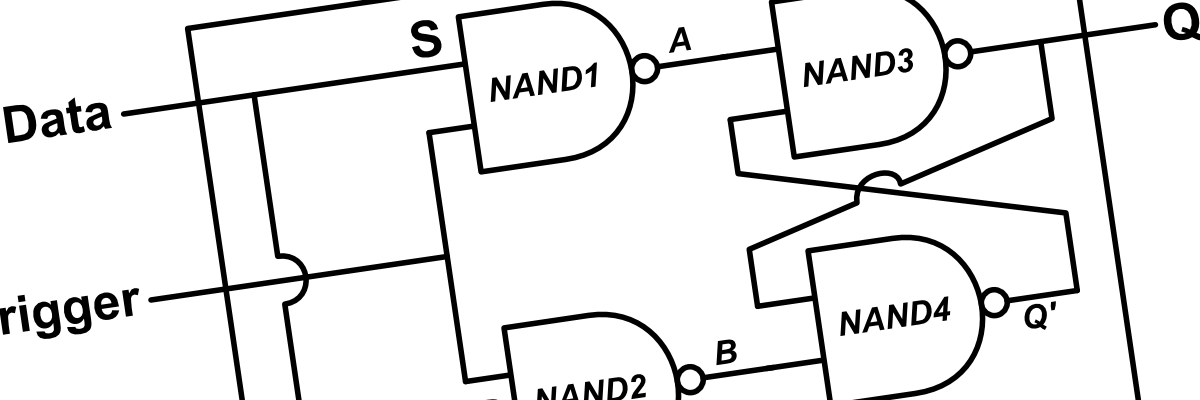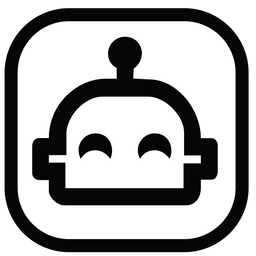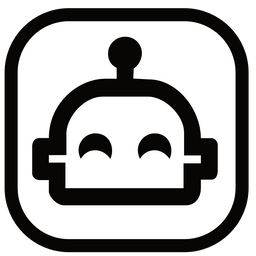Electronics
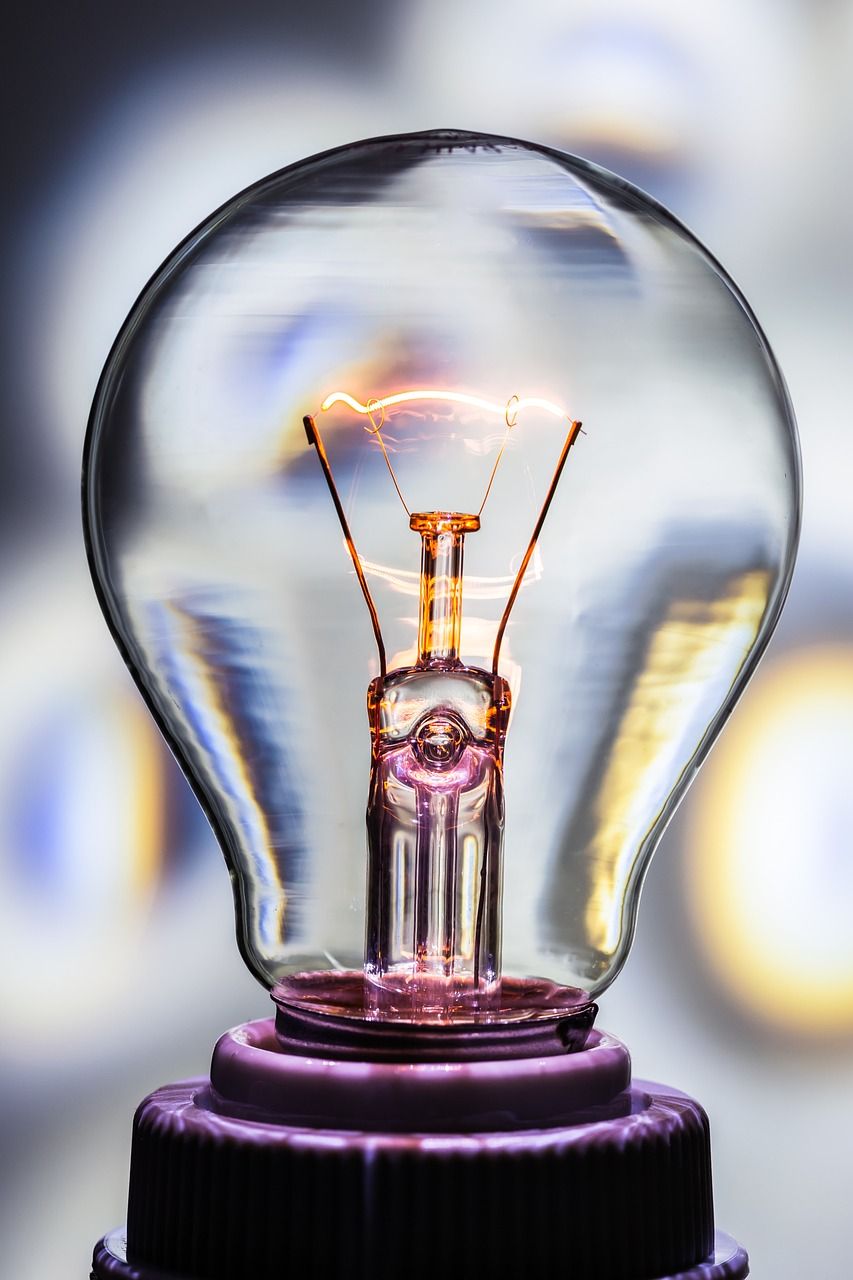

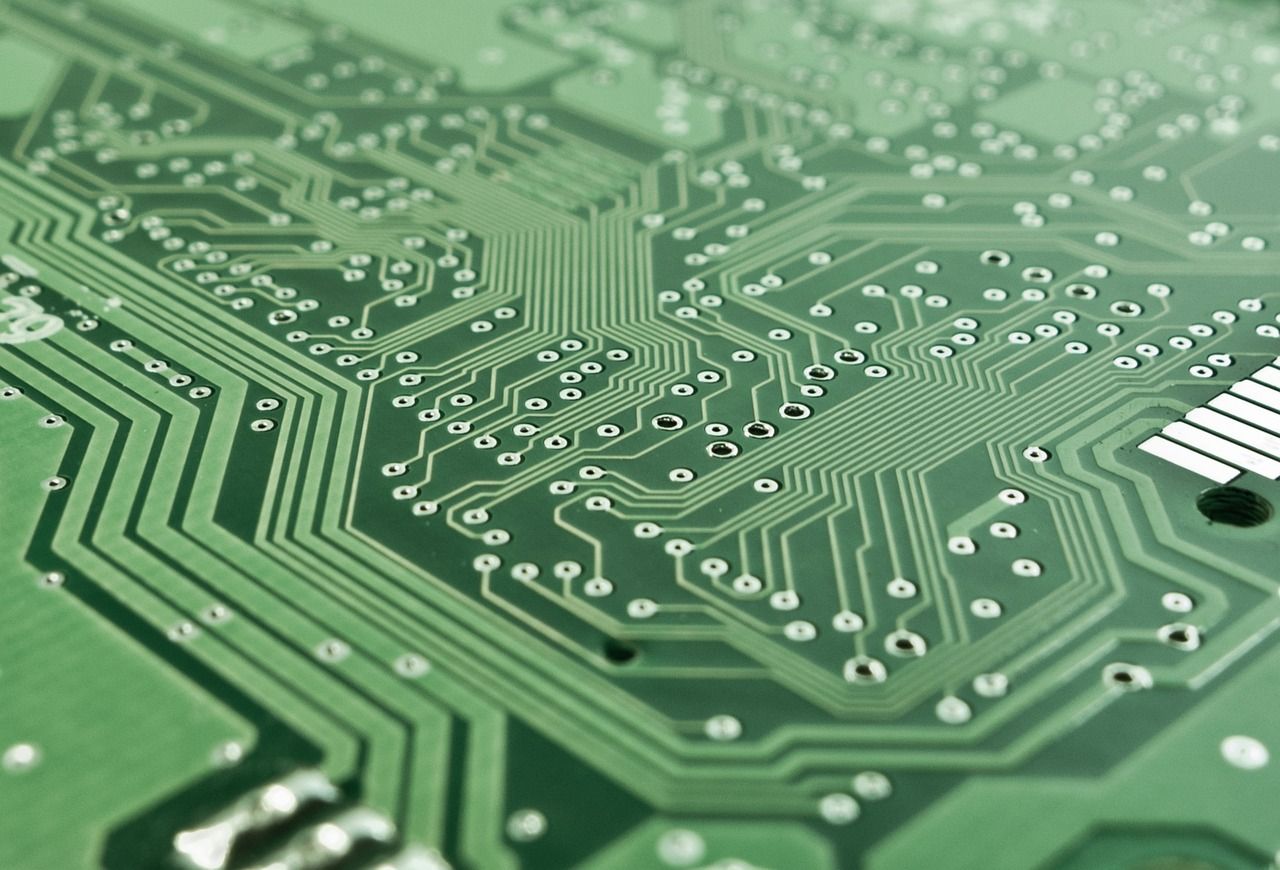
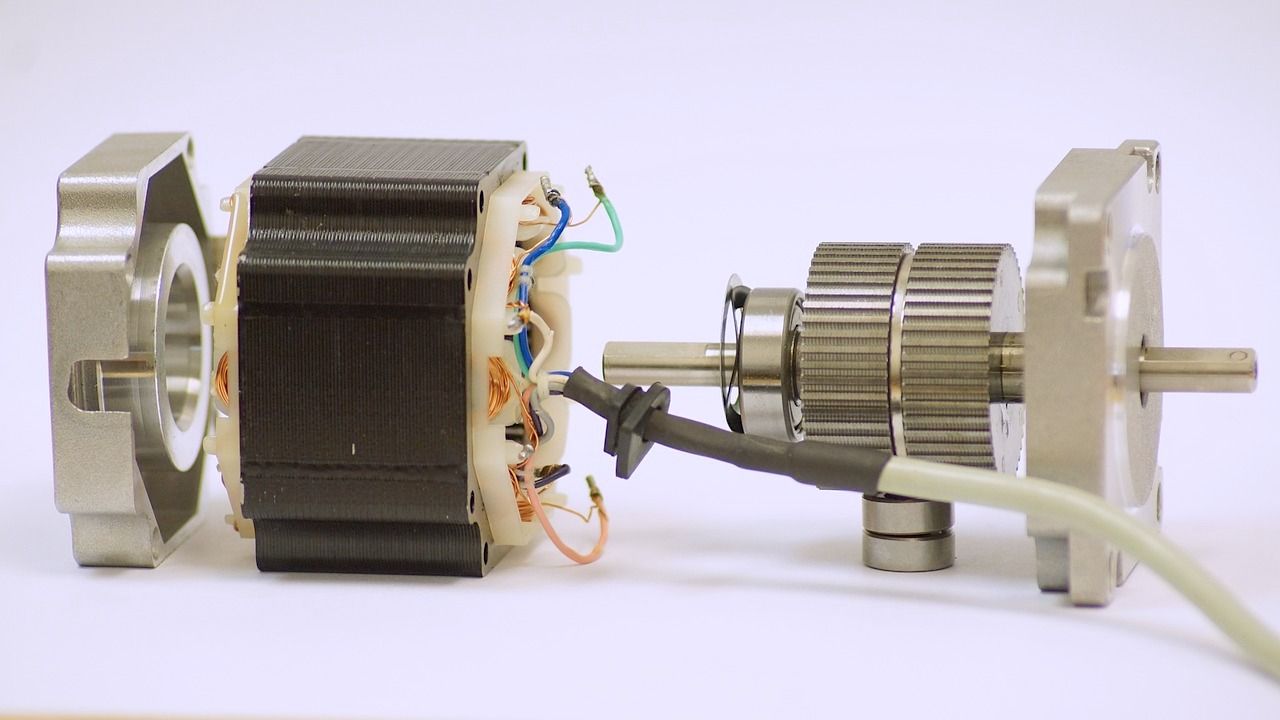
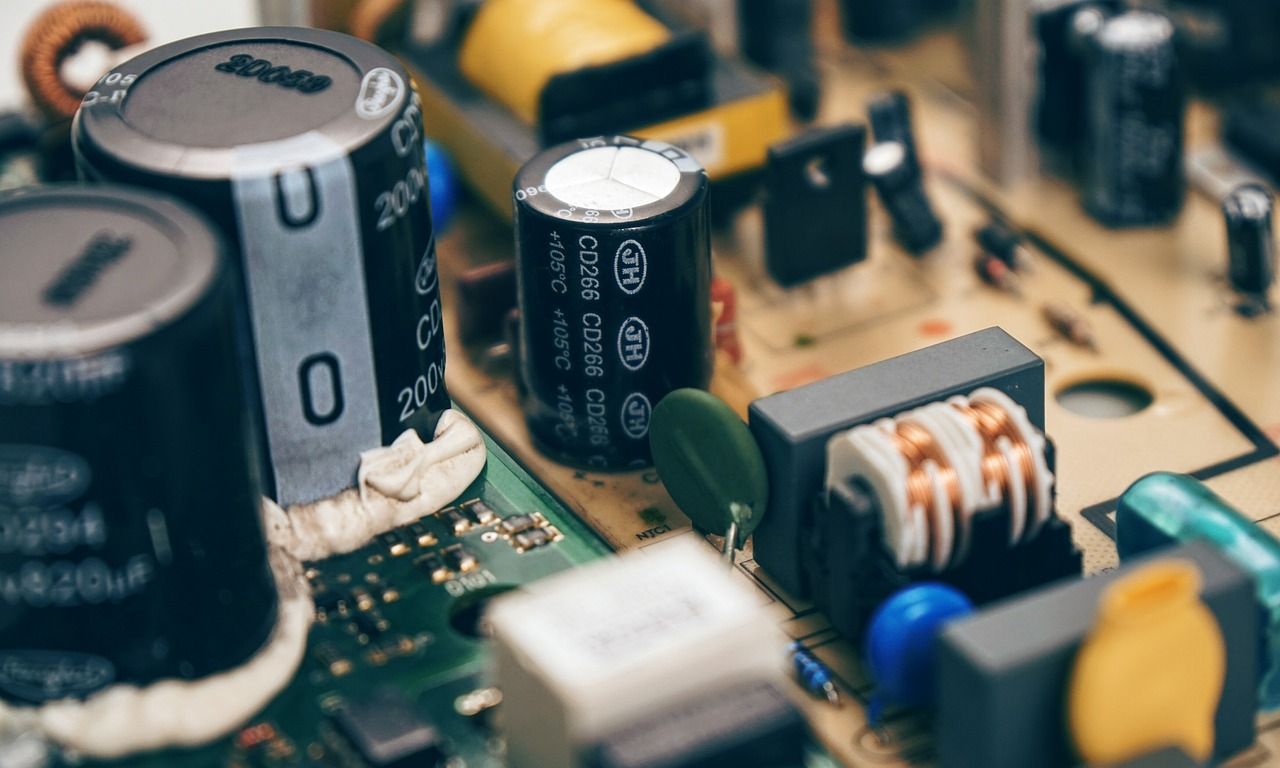
Electronics describes the domain of the electrical engineer. It is a broad field that covers everything involving the flow of electrons and electromagnetic fields. Printed circuit board design, microcontrollers, filters, wireless communication, even electrical motors all fall into this category.
A mechatronics engineer must be familiar with all of these areas; they provide a large pool of options for a design.
Introduction to Electricity
Electricity has surrounded humanity for all time yet is obscured from our day to day senses. It takes a keen mind to discover it.
Introduction to Magnets
For centuries magnets were studied as mere curiosities.

Demonstrating Electrostatics
Electrostatic phenomena are very easy to demonstrate. They hint to enormous potential.

Circuit Elements
Circuit elements are the elementary building blocks from which most real products are made from.
Introduction to Resistors and Current
Resistors are an important electrical component. They are present in every single electrical device.
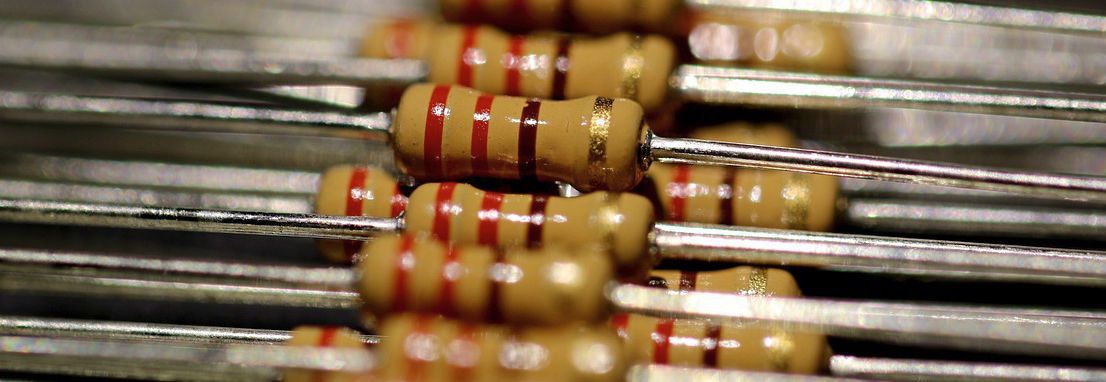
Computer Engineering
Electronic Digital Logic Devices
Electronic Digital Logic Devices form the backbone of our modern civilization.

Logic Switches
Logic switches are the most basic element of digital computers.
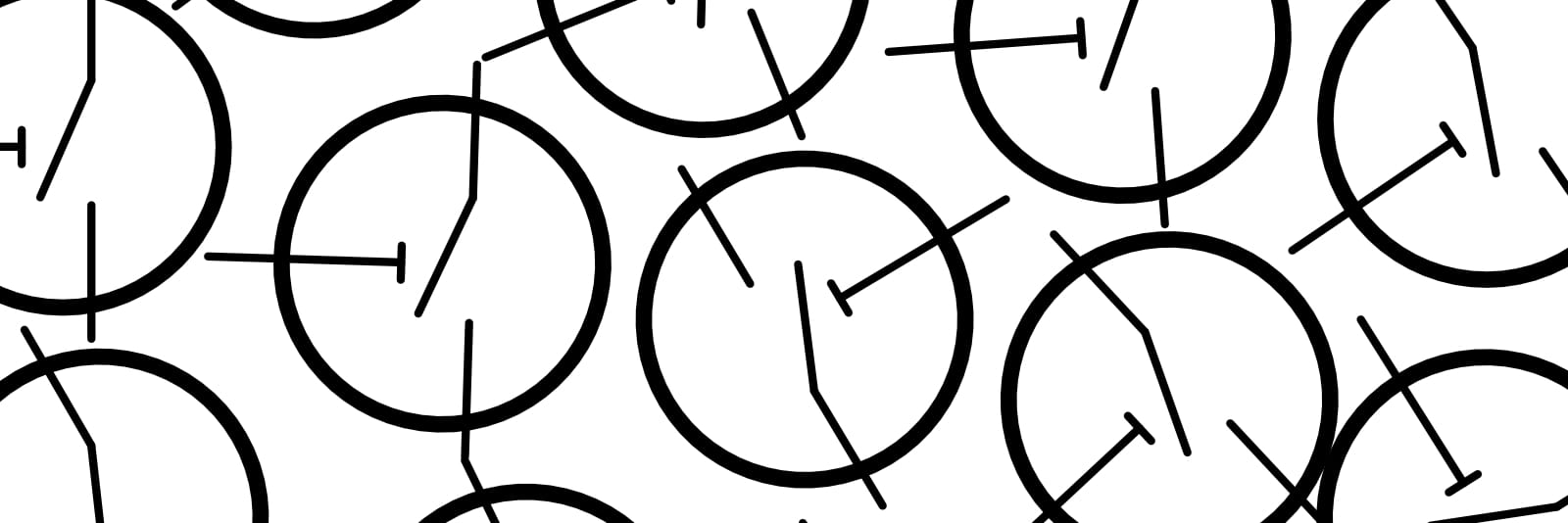
Logic Gates
Logic gates are the first level of hardware abstraction when building a computer.

Multiplexers
Multiplexers allow for selecting a single signal from a group. They are critical to computers.
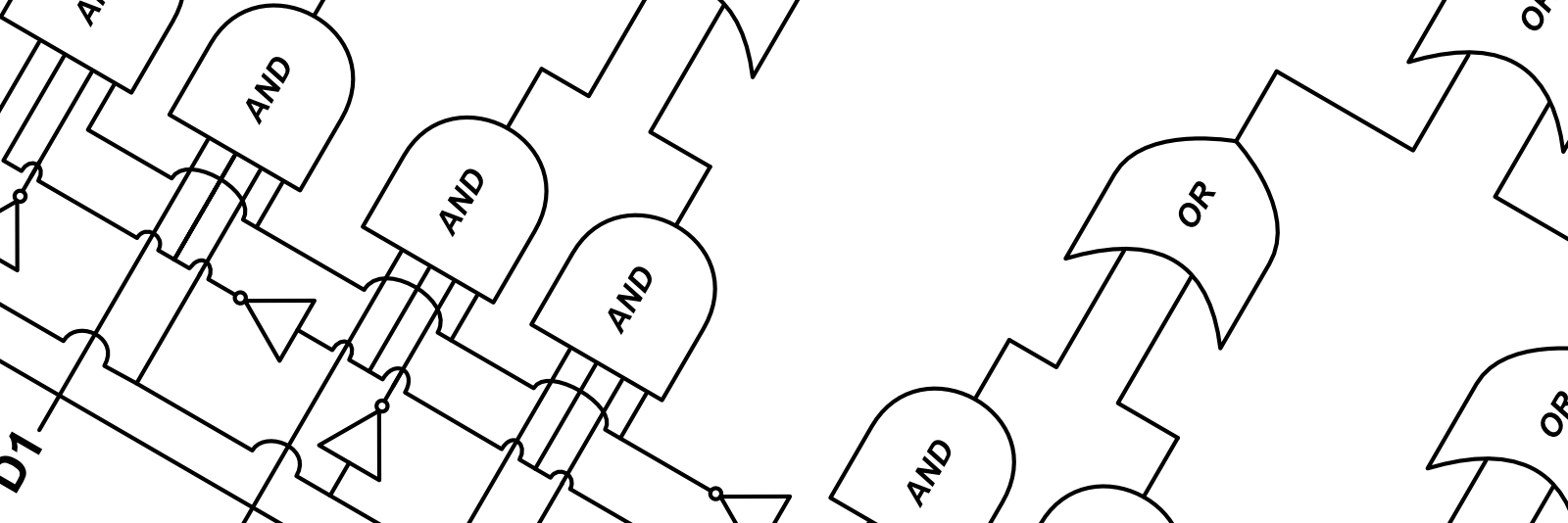
Demultiplexers
Demultiplexers are the exact opposite of multiplexers. They take an input and connect it to one of many outputs.
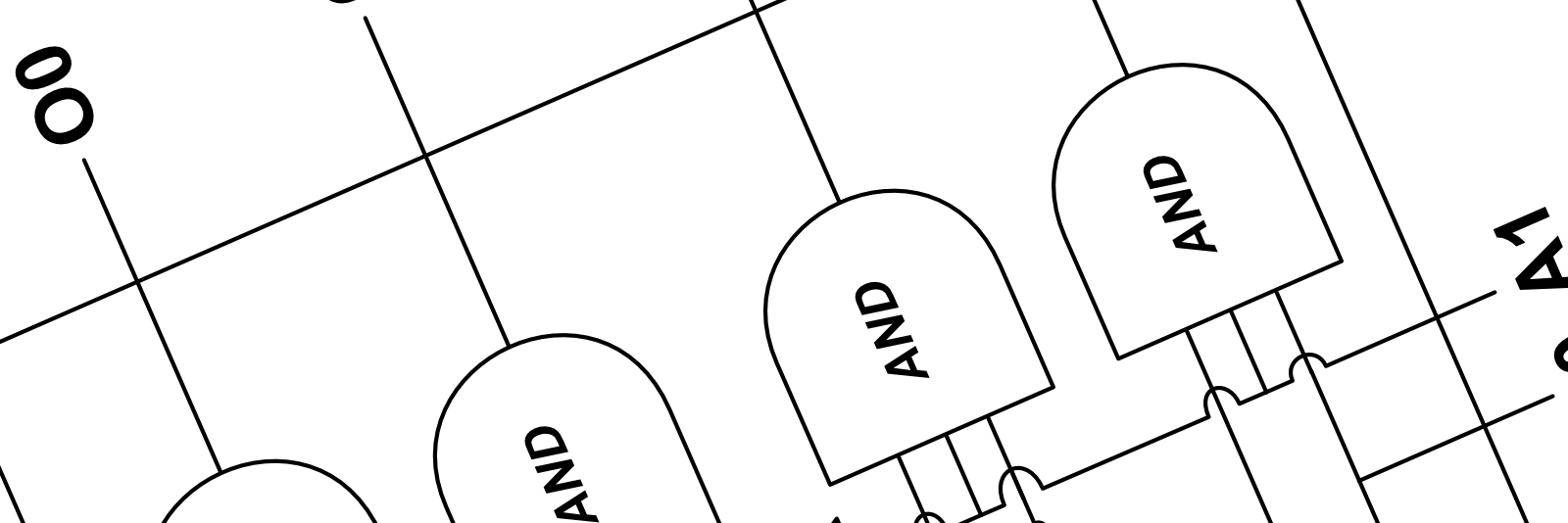
Digital Clocks
Every modern computer uses a digital clock to regulate timing and execution.
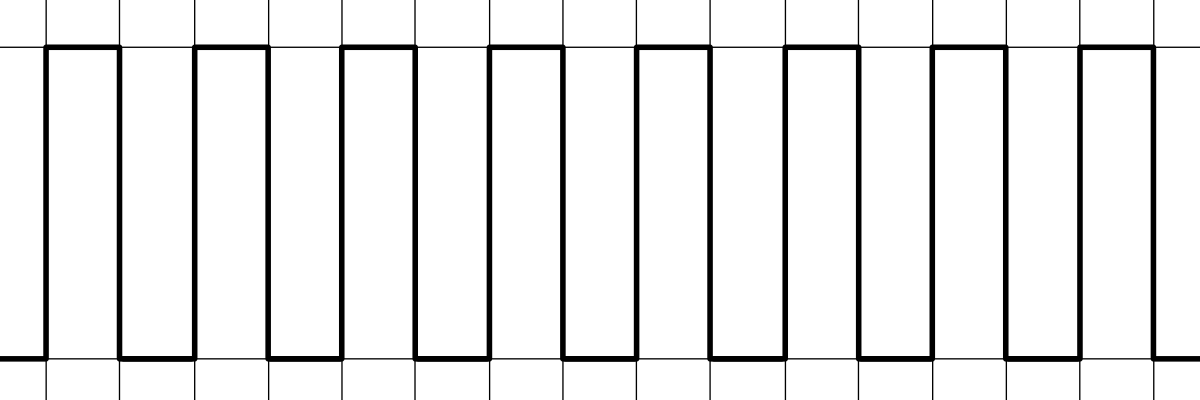
Flip-Flops
Flip-Flops are the most basic digital element that can store information. They are critical to modern computers.
